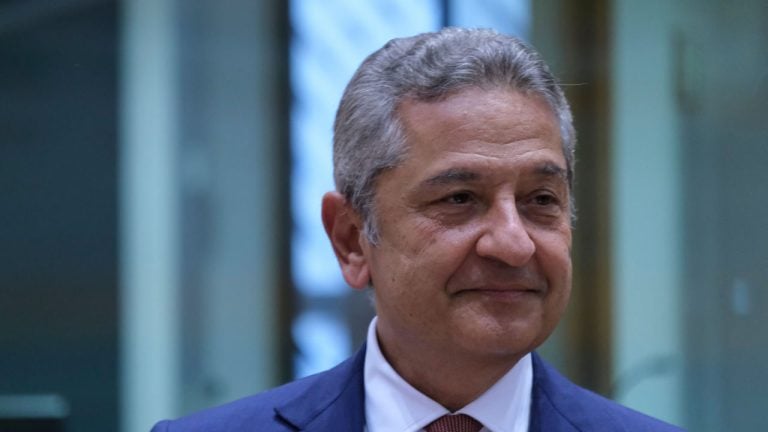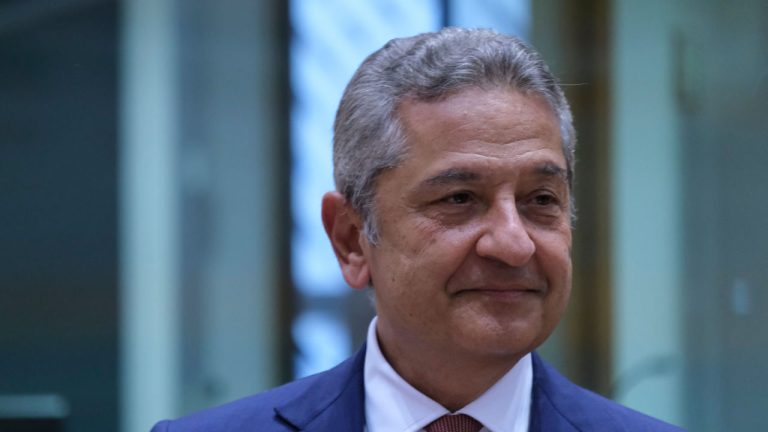
ECB’s Fabio Panetta: Unbacked Cryptos Are a ‘Vehicle for Gambling’ Lacking ‘Intrinsic Value’

Fabio Panetta, part of the Executive Committee of the European Central Bank (ECB), believes that unbacked cryptocurrency assets are vehicles for gambling without intrinsic value, which need to be regulated. In an opinion piece, Panetta states that while cryptocurrency regulation is a good answer to the problem, it must also touch on decentralized finance structures.
ECB Executive Member Fabio Panetta Believes Crypto Should Face Gambling-Like Regulation
The subject of cryptocurrency regulation and how it should be applied continues to be an essential issue across regulators worldwide. Fabio Panetta, a member of the executive committee of the European Central Bank (ECB), believes that cryptocurrencies, posing as investment assets, are more like gambling vehicles. As part of an opinion piece published on Jan. 4, Panetta argues that unbacked cryptos should be regulated more like gambling instruments than as currencies.
About crypto, he stated:
They are speculative assets. Investors buy them with the sole objective of selling them on at a higher price. In fact, they are a gamble disguised as an investment asset.
As gambling elements, these most likely won’t cease to exist if left alone, Panetta explains, even if they lack ‘intrinsic value’ and are rarely used as methods of payment.
Decentralized Finance Oversight Needed
The series of negative incidents that happened in 2022, including the demise of the Terra ecosystem and the bankruptcy of one of the biggest crypto exchanges, FTX, is part of what fuels Panetta’s opinions. To him, the level of interconnection that cryptos now see with traditional finance makes leaving crypto unregulated impossible. Panetta explained:
We cannot afford to leave cryptos unregulated. We need to build guardrails that address regulatory gaps and arbitrage and tackle the significant social costs of cryptos head-on.
This upcoming regulatory wave, according to Panetta, must not only consider cryptocurrencies as gambling instruments but also tax according to “the costs” they impose on society. Panetta further tackles decentralized finance, remarking on the need for regulation in this sector, mentioning crypto asset lending or non-custodial wallet services. Finally, Panetta supports the creation of central bank digital currencies (CBDCs) to address the shortcomings of crypto and preserve the role of central banks.
Europe is currently in the final steps of adopting its own cryptocurrency regulation framework, called MiCA (Markets in Crypto Assets), and is also studying the issuance of a digital version of its fiat currency, the digital euro.
What do you think about the statements given by ECB’s executive Fabio Panetta? Tell us in the comments section below.
Go to Source
Author: Sergio Goschenko








